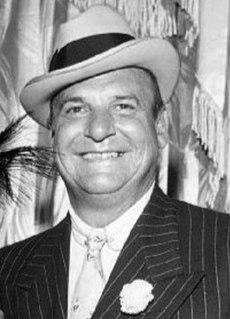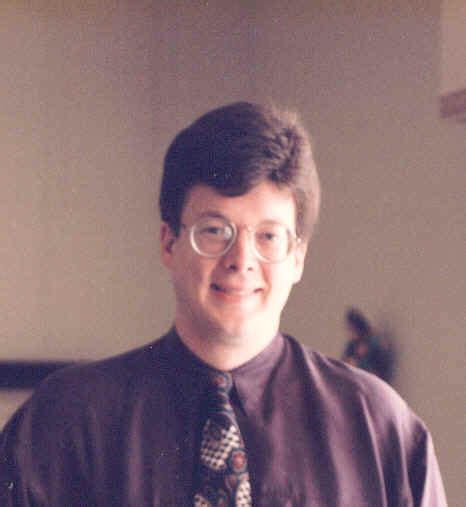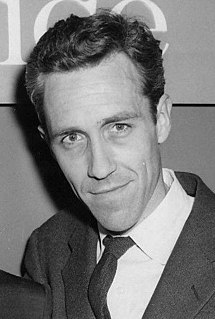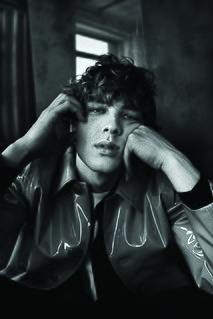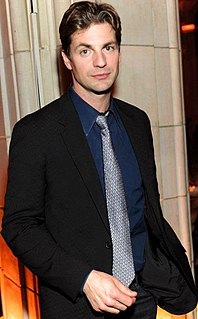A Quote by Jackie Coogan
Unless I was to play an accepted character from a novel, I won't put on a toupee.
Related Quotes
There is, in fact, not much point in writing a novel unless you can show the possibility of moral transformation, or an increase in wisdom, operating in your chief character or characters. Even trashy bestsellers show people changing. When a fictional work fails to show change, when it merely indicates that human character is set, stony, unregenerable, then you are out of field of the novel and into that of the fable or the allegory. - from the introduction of the 1986 Norton edition
Brian is an archetypal character, a bit like Don Juan, which is how I play him. He's a blast to play. He believes unapologetically in his freedom. He holds nothing back. Something I'm learning is, you can't hate the character you play. If I think my character is an asshole, that's all that will come across. He is drawn in an extreme way, but that doesn't mean he's not a person.
